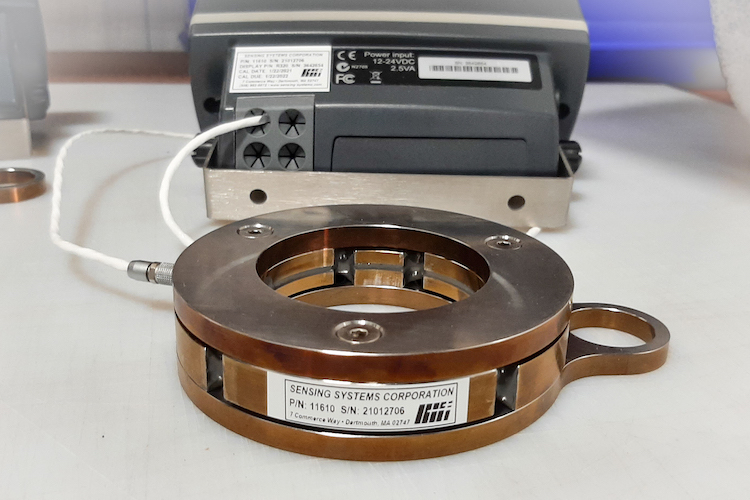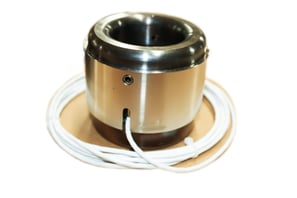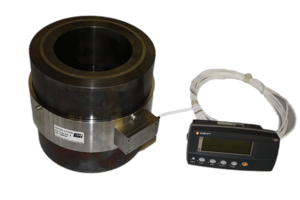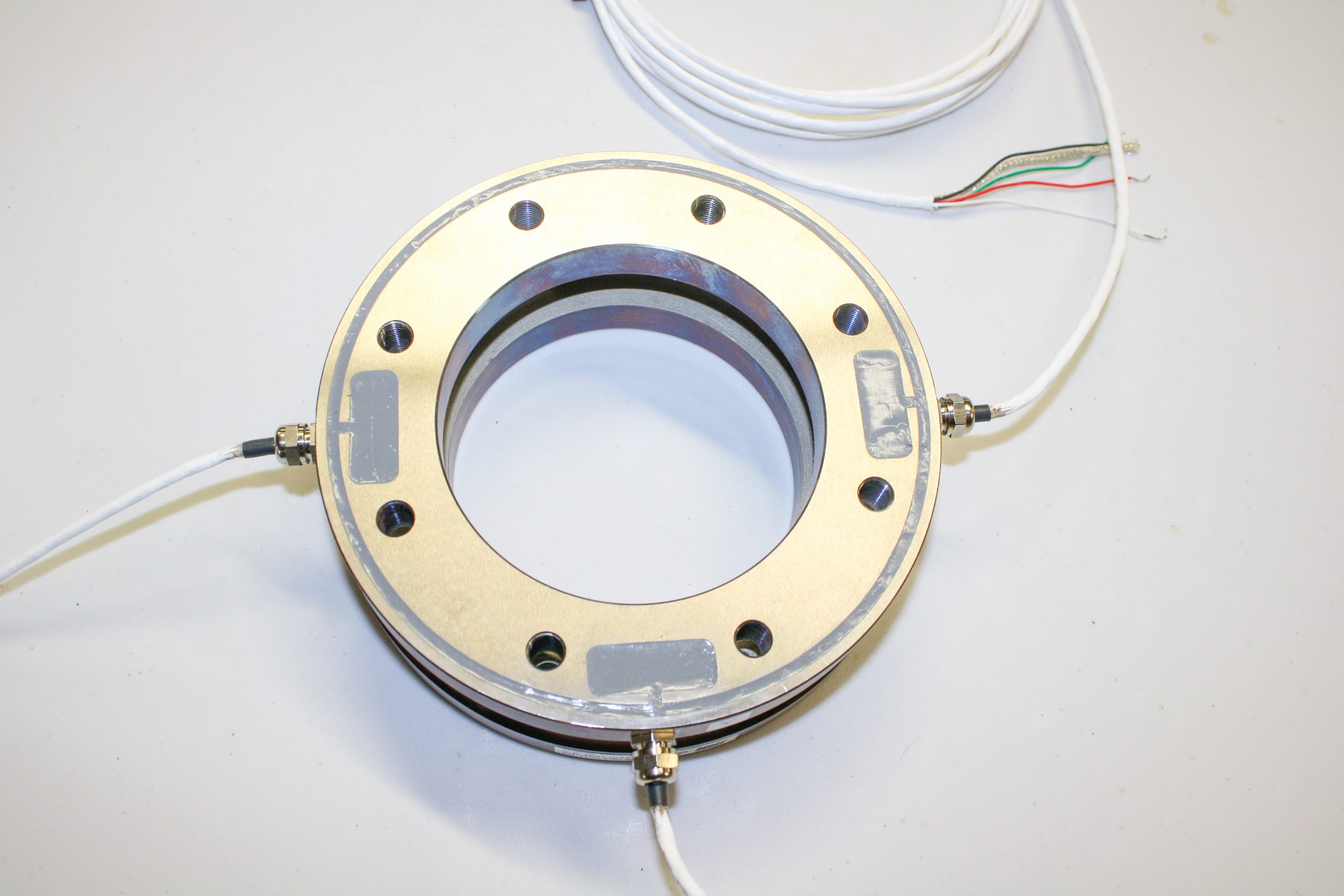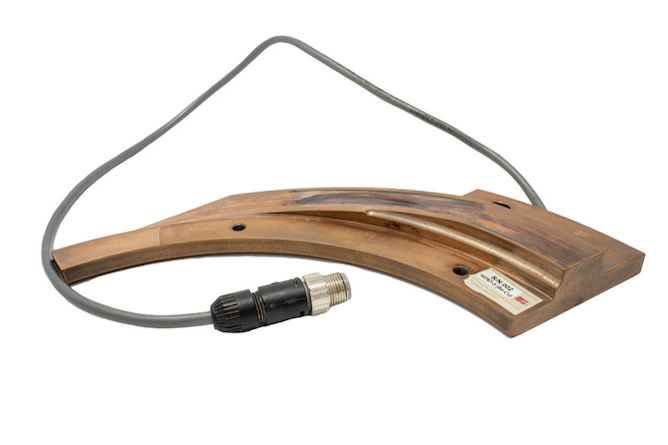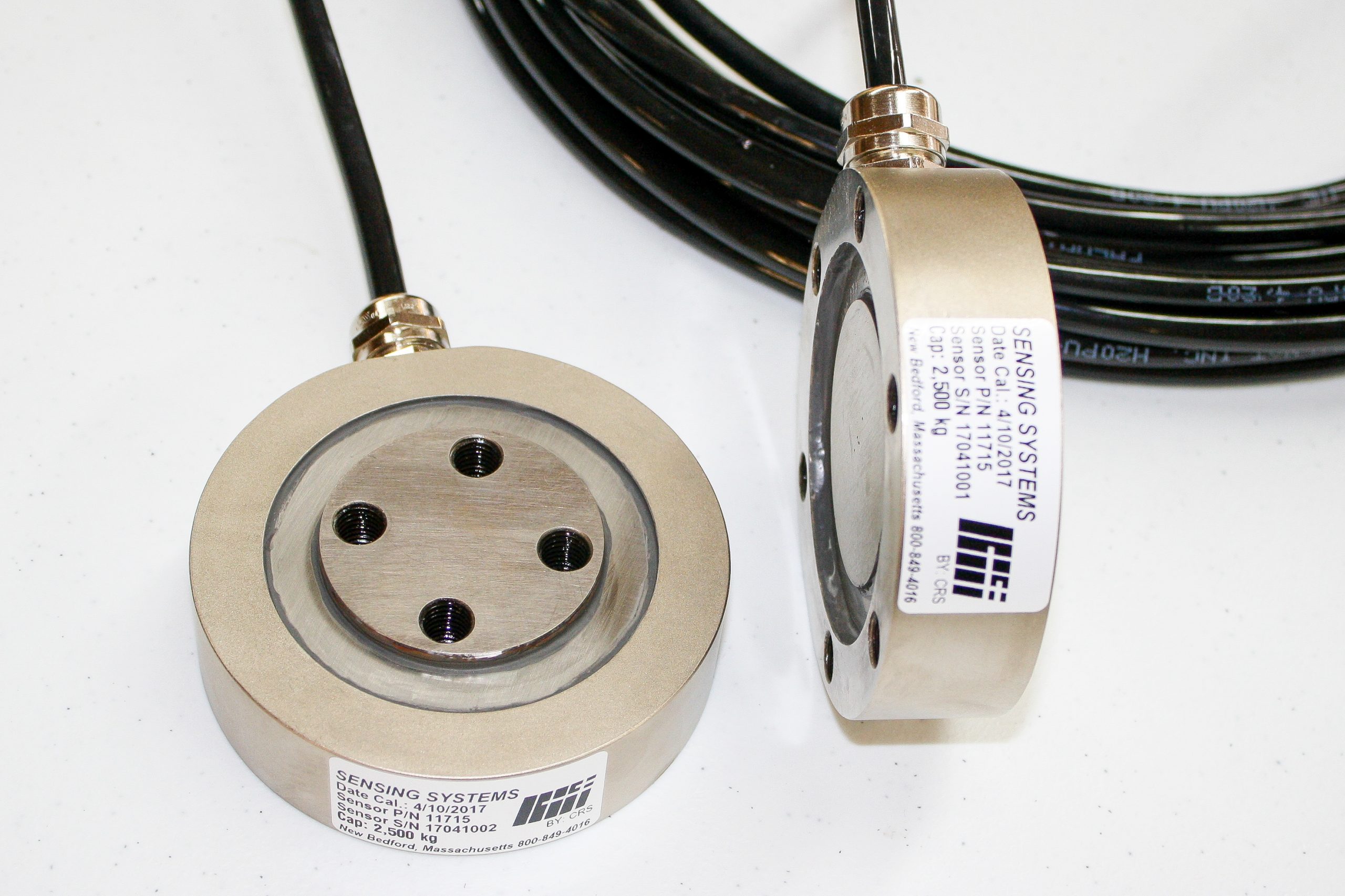Load Cell vs. Pressure Transducer: Understanding the Difference
When it comes to measuring force, weight, or pressure, two of the most common devices used in engineering and industrial applications are load cells and pressure transducers (or transmitters). While both are precision instruments that rely on similar strain gauge technology, they are designed for very different purposes. Knowing the difference can help ensure you select the right device for your specific application.
What Is a Load Cell?
A load cell is a sensor that measures force or weight. It works by converting a mechanical force (such as tension, compression, or torque) into an electrical signal using strain gauges. Load cells are available in many forms—including bending beam, canister, pancake, and button types—and are widely used in weighing systems, industrial automation, structural testing, and aerospace applications.
Key Applications of Load Cells:
-
Industrial weighing scales and batching systems
-
Aerospace and automotive testing
-
Structural monitoring and research applications
-
Custom measurement systems
Learn more about load cells here.
What Is a Pressure Transducer/Transmitter?
A pressure transducer, sometimes referred to as a pressure transmitter, is designed to measure the pressure of a fluid (liquid or gas). Like a load cell, it often uses strain gauge technology, but instead of measuring a direct force, it measures how much a fluid presses against a diaphragm. That pressure is then converted into an electrical signal for monitoring and control.
Key Applications of Pressure Transducers:
-
Hydraulic and pneumatic systems
-
Process control in chemical and oil industries
-
HVAC and energy monitoring
-
Medical equipment such as ventilators
How They Differ
While both devices are based on the same underlying principle of measuring strain, the main differences lie in what they are designed to measure:
-
Load Cells → Measure direct force or weight
-
Pressure Transducers → Measure fluid or gas pressure
Another important distinction is in how they are applied. Load cells are often integrated into structures or machines to monitor weight or force, while pressure transducers are typically connected to pipes, tanks, or sealed systems to monitor fluid conditions.
Choosing the Right Device
The choice between a load cell and a pressure transducer depends entirely on your measurement needs. If you’re measuring how much force is being applied to an object or structure, a load cell is the right tool. If you’re monitoring the pressure of a hydraulic line, gas system, or fluid reservoir, a pressure transducer is the correct solution.
In some cases, both may even work together—for example, in industrial automation where forces and pressures must be measured simultaneously to ensure safe and efficient operation.
Conclusion
Load cells and pressure transducers are both essential components in precision measurement systems, but they serve very different roles. Understanding those differences ensures accuracy, reliability, and the right fit for your application.
At Sensing Systems, we specialize in designing and manufacturing advanced load cells for some of the most demanding industries. If your project requires force measurement solutions—standard or custom—our team can deliver the accuracy and reliability you need.
Fully Custom
Load Cell
Sensing Systems pioneered the “Custom off the Shelf” concept of adapting our existing sensor designs to meet custom and unique applications.
Custom off the Shelf Load Cell
Sensing Systems pioneered the “Custom off the Shelf” concept for manufacturing non-standard or custom load cells and force sensors.
High Capacity
Load Cell
Our high capacity load cells range from 100,000 lbs to 5,000,000 lbs capacity.

